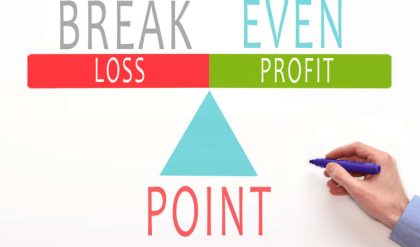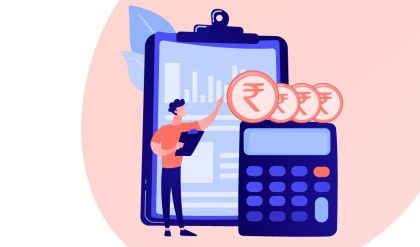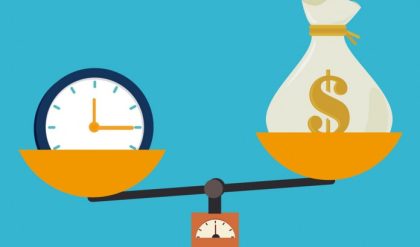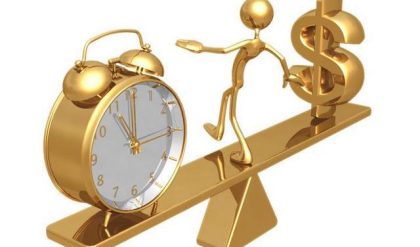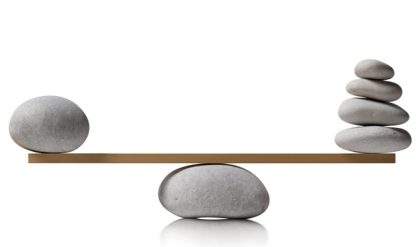Introduction
Definitions and Basics
● Consumer, from Answers.com
● Consumer:
● 1. One that consumes, especially one that acquires goods or services for direct use or ownership rather than for resale or use in production and manufacturing….
● Consumer Protection, from the Concise Encyclopedia of Economics
● When you buy a good or service, you rarely have perfect knowledge of its quality and safety. You are justifiably concerned about getting “ripped off.” Thus the need for consumer protection.
● Economic activity flourishes when consumers can trust producers, but the consumer must have grounds for trust. Consumers value, then, not only quality and safety, but also the assurance of quality and safety. Trust depends on assurance….
● Benefit-Cost Analysis, from the Concise Encyclopedia of Economics
● Suppose, for example, we wished to evaluate the benefits and costs of a proposal to control air pollution emissions from a large factory. On the positive side, pollution abatement will mean reduced damage to exposed materials, diminished health risks to people living nearby, improved visibility, and even new jobs for those who manufacture pollution control equipment. On the negative side, the required investments in pollution control may cause the firm to raise the price of its products, close down several marginal operations at its plant and lay off workers, and put off other planned investments designed to modernize its production facilities.
● How do we determine the willingness to pay for the favorable effects? First, it is relatively easy to value the reduced damage to materials. If, say, awnings will now last ten years rather than five years, it is straightforward to multiply the number of awnings times their price to get an idea of savings to consumers—so long as the price of awnings is not affected by the policy. If reduced pollution meant more agricultural output, it would be similarly easy to value because crops have well-defined market prices. In other words, when benefits involve marketed outputs, valuing them is not terribly difficult….
● Consumer Price Indexes, from the Concise Encyclopedia of Economics
● Most of us are familiar with the prices of many things we purchase. We know what we paid recently for a pound of ground beef or a quart of milk. Renters know how much they pay in rent. Measuring prices, therefore, may seem simple and straightforward, but it is not….
In the News and Examples
● Advertising, from the Concise Encyclopedia of Economics
● Economic analysis of advertising dates to the 1930s and 1940s, when critics attacked it as a monopolistic and wasteful practice. Defenders soon emerged who argued that advertising promotes competition and lowers the costs of providing information to consumers and distributing goods. Today, most economists side with the defenders most of the time….
● While discussions of advertising often emphasize persuasion and the creation of brand loyalty, economists tend to emphasize other, perhaps more important, functions. The rise of the self-service store, for example, was aided by consumer knowledge of branded goods. Before the advent of advertising, customers relied on knowledgeable shopkeepers for help in selecting products, which often were unbranded. Today, consumer familiarity with branded products is one factor making it possible for far fewer retail employees to serve the same number of customers….
● Cowen on Liberty, Art, Food and Everything Else in Between, podcast on EconTalk, Mar. 12, 2007.
● Tyler Cowen, co-blogger (with Alex Tabarrok) at MarginalRevolution.com, talks about liberty, global warming, using the courts vs. regulation to protect people, the challenges of leading a country out of poverty, the political economy of cuisine, and a quick overview of the Washington, DC. art museum scene. …
